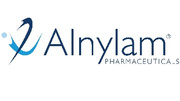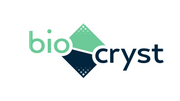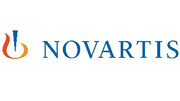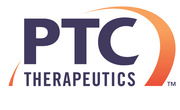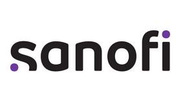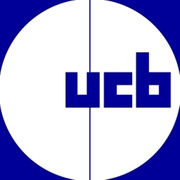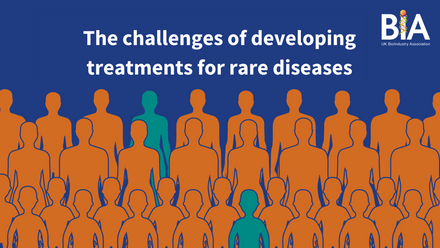A supportive home market is important to the whole sector, including UK SMEs. The uptake of new medicines is front of mind for global decision-makers when considering where to invest. The medical pipeline is increasingly comprised of biological medicines, which are expensive to develop and manufacture but can offer great benefits to patients and society. With limited healthcare budgets, ensuring patients’ access to medicines and these latest medical advances will require new flexible licensing, evaluation, uptake, and reimbursement routes.
BIA campaigns to improve access to new medicines in the NHS and works with government, NHS England, NICE, Patient Advocacy Groups (PAGs) and other stakeholders to support sustainable patient access to innovative new medicines, including through representation on the NHS Accelerated Access Collaborative (AAC) and the Patient Access to Medicines Partnership (PAMP).
What is a rare disease?
A rare disease is defined as one that affects less than 5 in 10,000 of the general population and an ultra-rare disease affects less than one patient per 50,000 of the European population. In the UK, it is estimated that 1 in 17 people – approximately 3.5 million people – may be affected by a rare disease at some point in their lives. The impact that rare diseases have on patients, their families, and society is profound, as many are severe, chronic and progressive, with high mortality rates.
Developing treatments for rare diseases
There are around 7,000 known rare diseases. Despite this, only 5% of rare diseases have a single licensed treatment. As a result, many people living with rare diseases die prematurely or live with debilitating symptoms. This places huge burdens on caregivers, families, and society. Rapid scientific advancements are enabling the life sciences sector to develop new life-changing and potentially curative treatments for rare and ultra-rare diseases (otherwise known as orphan and ultra-orphan medicines). Developing a drug for any condition is a long and expensive process, but for rare diseases, the situation is even more difficult due to the inherently smaller patient population size.
Rare Disease Industry Group (RDIG)
BIA manages the RDIG to address specific issues affecting access to medicine and reimbursement of treatments for rare and ultra-rare conditions.
RDIG represents a group of innovative biopharmaceutical companies that specialise in treatments for rare and ultra-rare diseases. RDIG is committed to developing recommendations that can pragmatically inform and improve the challenge of ensuring patient access to treatments for rare and ultra-rare conditions, sometimes referred to as orphan and ultra-orphan medicines.


